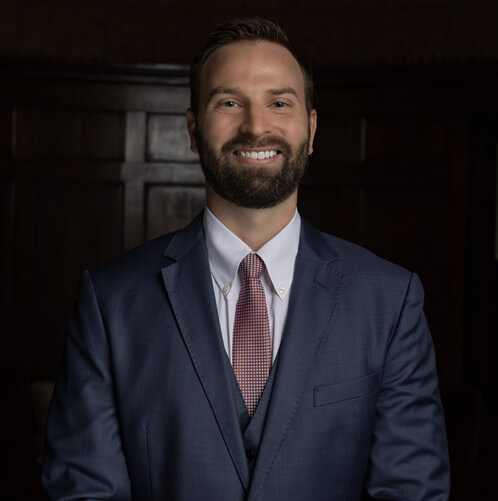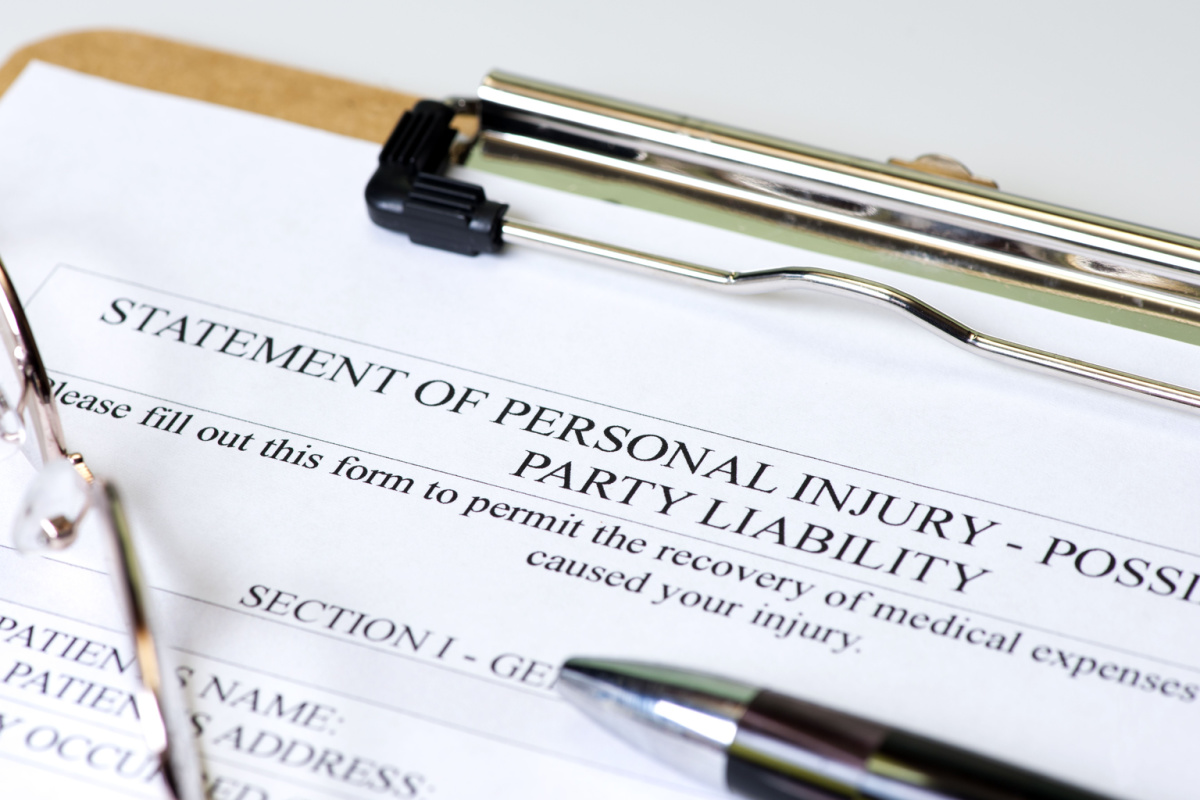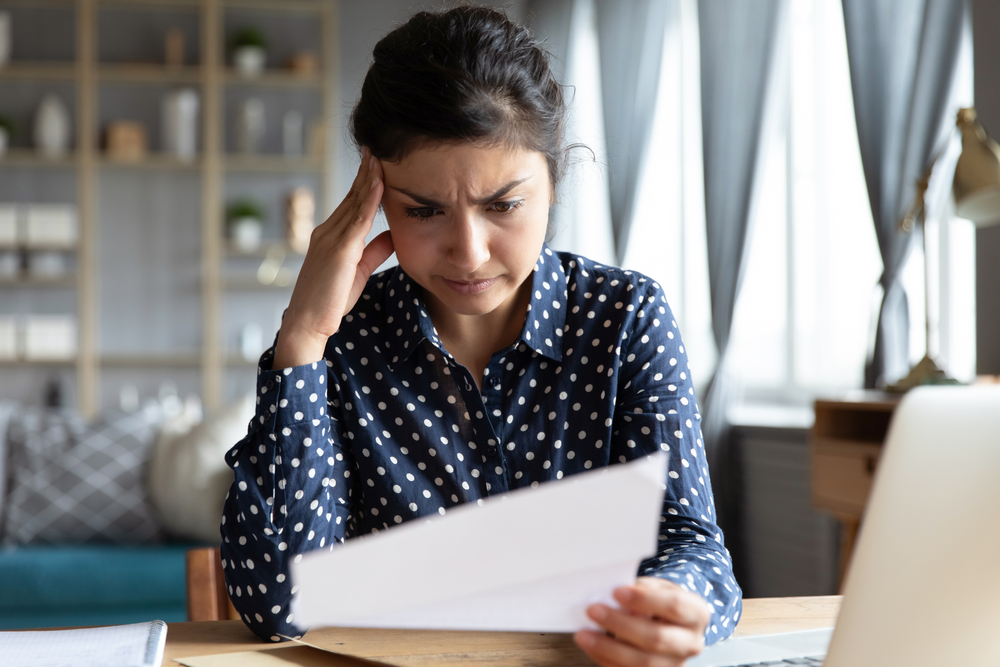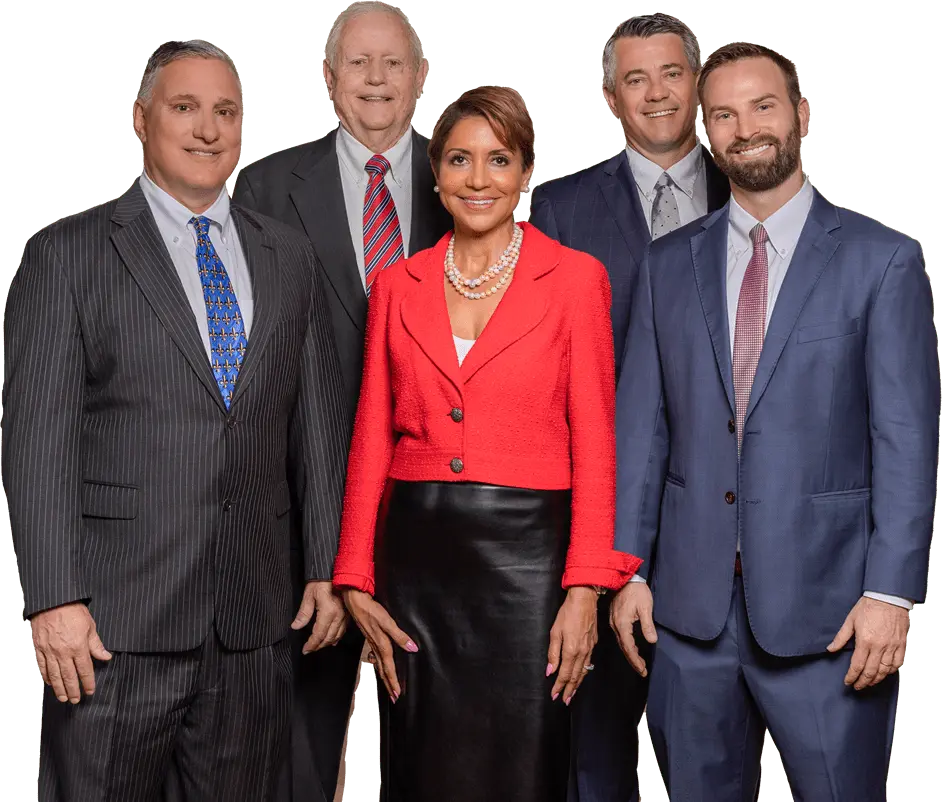
Partner at Charbonnet Law Firm LLC
Practice Areas: Car Accident, Slip-and-Fall, Work-related Injury

If you get hurt while visiting someone else’s property, you might wonder who’s responsible for your injuries. Is it always the property owner’s fault? What if the injury happened because of a hidden danger? In Louisiana, the law surrounding these questions falls under what’s called premises liability. This law helps determine when a property owner (or someone else in charge of the space) may be legally responsible for an injury.
Let’s discuss what this means, who’s covered, and what steps to take after an injury on someone else’s property.
Premises liability means that someone who owns or controls a property must keep it reasonably safe for visitors. If someone gets hurt because they didn’t, that person may be able to seek compensation.
Under Louisiana Civil Code Article 2317.1, owners may be held liable for damages caused by defects in their property if they knew or should have known about the defect and failed to repair it.
This covers all sorts of hazards—wet floors, poor lighting, broken stairs, loose railings, and more. If the owner ignored those dangers, they could be responsible.
In one case, Donna Hale was awarded $5.8 million after she tripped on loose wiring at a convention center. The wires weren’t secured or marked, and the property owner hadn’t warned visitors. That case is just one example of how serious these injuries can be—and how important it is to understand your rights.
One crucial detail Louisiana law considers is what kind of visitor you were when the injury happened. There are four main categories:
Invitees are people on the property for business reasons. Think of shoppers in a store or clients in an office. Property owners owe them the highest duty of care, which means they should actively inspect and fix hazards.
These are social guests—friends or neighbors visiting for non-business reasons. Owners must warn licensees about known dangers but don’t have to inspect constantly.
If you’re on the property without permission, you’re a trespasser. Property owners usually aren’t responsible for your injuries unless they deliberately create danger or act recklessly.
Under the “attractive nuisance” rule, young children are treated differently. For example, a pool or trampoline can draw in children who don’t understand the risks. In these cases, the owner may still be liable—even if the child was technically trespassing.
A property owner’s duty to protect depends on the injured party’s status—invitee, licensee, trespasser, or child—and the foreseeability of harm.
Owners or tenants are typically responsible when:
This includes not cleaning up spills, ignoring broken stairs, and failing to provide enough lighting in common areas.

There are situations where the owner may not be at fault:
Louisiana uses a comparative fault rule to handle situations where both parties share blame.
Louisiana applies a comparative fault rule under Civil Code Article 2323, meaning any compensation awarded may be diminished by the proportion of the injured party’s fault. .
Therefore, if you were determined to be 30% at fault for your accident, your compensation would be lowered by 30%.
|
Visitor Type |
Definition | Owner’s Duty |
Can They Be Liable? |
| Invitee | Visiting for business | Must inspect, fix, and warn | Yes |
| Licensee | Social guest | Must warn of known dangers | Yes |
| Trespasser | No permission to be there | Avoid intentional harm | Rarely |
| Child | Attracted by unsafe condition | Must secure hazards | Yes |
Knowing what to do after a slip, trip, or fall is essential for protecting your rights.
Even if it feels minor, seek care. Medical records help prove your injuries.
Tell the property owner or manager what happened. Request a written report if possible.
Please take pictures of your injuries, the scene of the fall, and the witnesses in the witnesses’ names and phone numbers as well.
Avoid sharing details of your injury online. Insurance companies often check public posts.
Louisiana gives you just one year to file a claim. Talking to a premises liability attorney early can help you build a strong case.
The statute of limitations for filing a premises liability claim in Louisiana is one year from the date” of the accident.

If your claim succeeds, you might receive compensation for:
Although each situation is unique, collecting evidence and taking prompt action can improve your chances of receiving just compensation.
Seek medical attention, report the incident to the property owner, document the scene, and avoid making any statements about fault.
No. Liability depends on the type of visitor, the hazard involved, and whether the owner acted reasonably.
Yes. Louisiana follows comparative fault rules, which means your compensation may be reduced but not denied.
Medical expenses, missed income, diminished earning capacity, and pain and suffering reimbursement are all recoverable.
You have one year from the date of the injury to file a claim or lawsuit.
Yes. Tenants may be responsible if they control the area where the injury occurred and fail to maintain it safely
Getting lost on someone else’s property can lead to serious consequences—physically, financially, and emotionally. However, the law does provide a way to hold property owners accountable when they fail to keep their spaces safe.
If you or someone you love has been injured due to unsafe conditions in New Orleans or nearby, you may have legal options. Charbonnet Law Firm, LLC helps injury victims understand their rights and pursue fair compensation. An experienced attorney can guide you through the legal process and help you make informed decisions about your next steps.

With over 50 years of legal experience serving families in the New Orleans area and surrounding Louisiana communities, our firm takes pride in providing clients with personalized legal services tailored to individual needs.